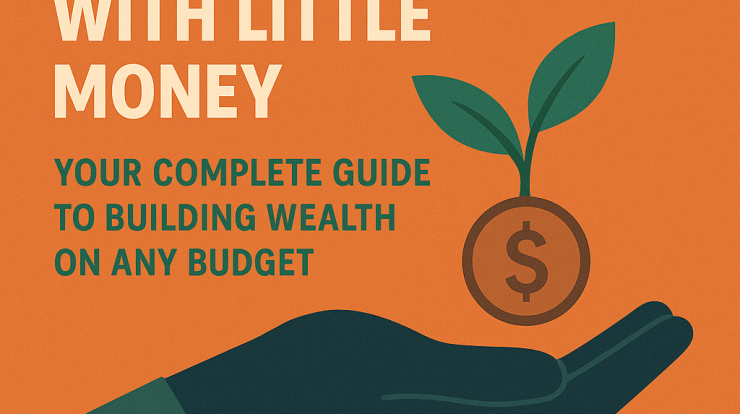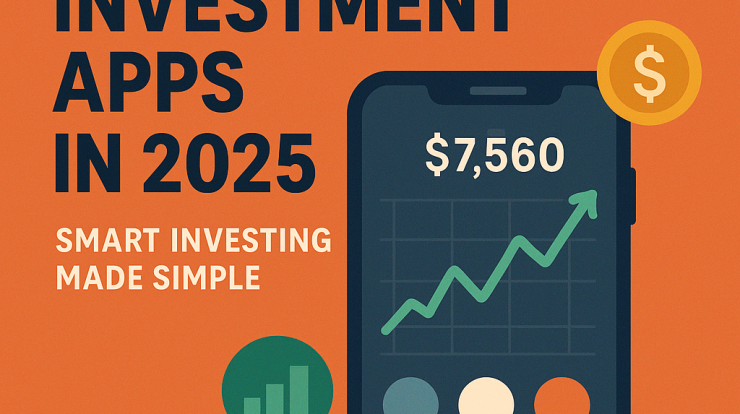
Have you noticed that your hard-earned money seems to buy less than it used to? You’re not alone. Inflation is a silent wealth killer, gradually eroding the value of your savings and investments. Let’s explore how this insidious economic force is draining your bank account and what you can do about it.
Inflation is like a sneaky thief, gradually reducing the value of your money. Imagine your paycheck maintaining its real-world value for years. Instead, your paycheck remains constant while prices boost steadily. You end up with the same amount of money but can buy fewer items with that money. That is the insidious nature of inflation—a steady decline in the value of your money over time.
How does this happen? Simply put, the value of money is relative to the availability of goods and services. As more goods and services become available, the value of money decreases, which is largely influenced by many factors, including the central bank’s monetary policies.
Inflation often feels like a slow burn. It’s not a sudden catastrophe, but a continuous erosion of your purchasing power. Think of it as a slowly leaking faucet—the drops aren’t significant individually, but over time, they represent a considerable loss.
The impact of inflation can be severe, especially for those who rely on fixed incomes or savings. Their savings and investments effectively lose value, making it harder to meet their financial objectives and dreams.
Related Post : E-Learning vs. Traditional Schools: Which One Is Actually Better?
One of the biggest challenges is that inflation often catches us unaware. We tend to focus on our current expenses, but we often overlook the long-term implications of rising prices. This can make long-term planning challenging for individuals, businesses, and even governments.
How can we shield ourselves from this silent wealth killer? It’s crucial to adopt a proactive approach to protect our finances. Understanding inflation’s effects is the first step towards effective mitigation.
A key plan is diversifying your investment portfolio. Think about spreading your investments across varied asset classes, such as stocks, bonds, and real estate. This diversification helps to mitigate risk and potentially offset the negative impact of inflation.
Consider investing in assets that tend to outpace inflation, such as real estate or commodities. Historically, real estate has shown resilience against inflation, often increasing in value along with rising prices. Understanding and analyzing historical data offers insight into the potential gains and losses.
Regularly review and adjust your budget. As prices rise, your expenses also boost, and it’s essential to monitor these boosts closely. By staying proactive, you can avoid being caught off-guard by unexpected inflation surges. Remember that inflation often occurs when demand boosts significantly relative to provide. boostd demand can lead to a price boost, outcomeing in the need to adjust your budget accordingly to maintain your financial well-being. Be proactive in your planning, and it will help you to maintain control over your financial standing.
In conclusion, inflation is a silent wealth killer, slowly but surely eroding our purchasing power. Understanding its insidious nature is crucial for building a financial safety net. By implementing strategies to shield your funds, you can proactively protect your future and maintain your financial well-being.


